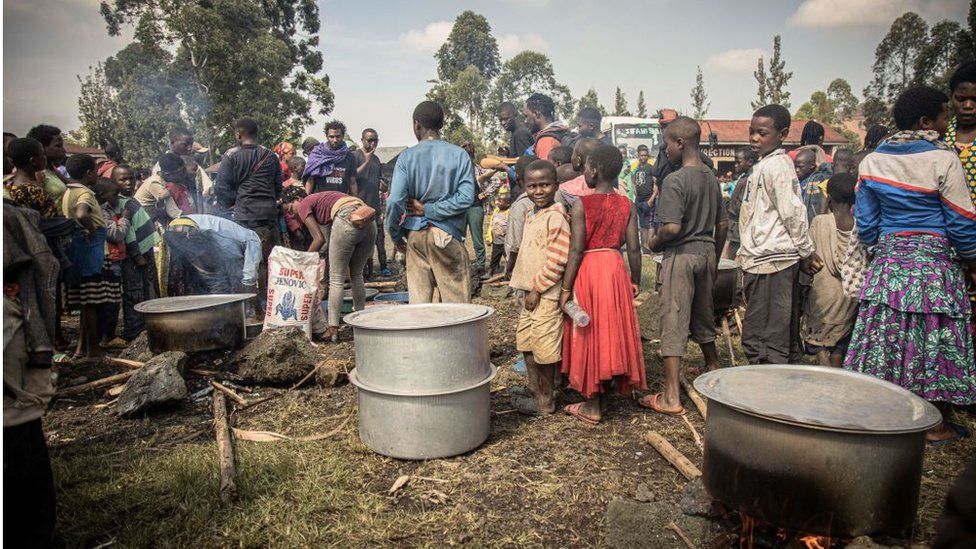By Dan O’Rourke
A recent report by Oxfam has again raised the alarm about global hunger. Climate change, war, and supply chain crises are combining to exacerbate the ongoing malnutrition crises in neo-colonial countries.
According to the 2022 Global Hunger Index, populations in 44 states are currently experiencing ‘alarming’ levels of hunger, including Chad, Madagascar, Yemen, Syria, Burundi, South Sudan and Somalia. An astonishing 828 million people are malnourished – many of whom are children.
Wealthier economies are not immune to the crisis either, with children in the US, the UK, Ireland and elsewhere becoming more reliant on food banks.
Market madness
Logistics logjams have meant shipping costs have skyrocketed, adding to the price of commodities. Russia’s war in Ukraine, combined with the trade sanctions, has meant that fertiliser, fuel, and grain from the region are unable to make it to market. Droughts this year have meant crops are stunted, and navigable rivers, crucial to cheap transport, became impassable.
But these are symptoms of a deeper problem, which is inherent to capitalism – the system of production for profit instead of production for need. There is more than enough food to solve the crisis, but it is being hoarded for profit. For example, wheat is now piling up in US and Russian grain silos as speculators are unable to make money amid volatile markets.
Little has changed since the days of the Irish Famine, when millions starved while armed soldiers protected mountains of grain ready to be exported.
Capitalist caused crisis
Why is hunger so prevalent in a world of abundance? Shouldn’t industrialised agriculture and advanced transportation networks have alleviated it?
Starvation is age-old, but today’s famines are the result of capitalism’s inefficiency and irrationality. Food is not produced to be eaten, even though that’s one of the most basic needs for all humans. Like all commodities, food is produced to be sold for a profit, and that means production is prioritised for the wealthiest.
It also means markets are dominated by the biggest corporations, backed by the biggest imperialist powers. They use technological, military, monetary, and geographic advantages to flood the market with cheap food and grains, pricing out the poorest producers, and forcing them to grow cash crops like coffee and bananas.
Today, three corporations dominate the global seed market, and Monsanto sues farmers for growing crops with “patented” seeds.
Imperialist underdevelopment
The IMF and the World Bank provides extortionate loans to poorer states on the condition that they privatise public land and resources, further benefiting those corporate interests. Even food-aid, on the face of it a benevolent gift, is in reality a way to offload surplus grain and ensure poorer nations don’t start growing their own food.
World commodity markets for basics such as steel, coal, and grains are traded in US dollars. As the Fed raises interest rates, the dollar becomes more expensive, raising the cost of grain for states with weaker currencies. Wheat, rice, corn and other grains are fundamental to our nutritional needs, and US and European imperialism have ensured that they remain some of the biggest producers on the planet, producing far more than the continents of Africa and South America – by preventing the development of independent, local production.
What is needed
Food shortages were a key factor in the 2011 Arab revolutions which toppled dictators across North Africa and the Middle East. The 2020s will see a similar dynamic globally, as food shortages, climate change, war and general economic hardship place explosive levels of pressure on the global working class.
Uprisings in the near future must make their aim not just the overthrow of rotten governments, but the overthrow of capitalism itself, replacing it with a democratic socialist plan and public ownership of the key sectors of the economy – the only way to eradicate hunger once and for all.












